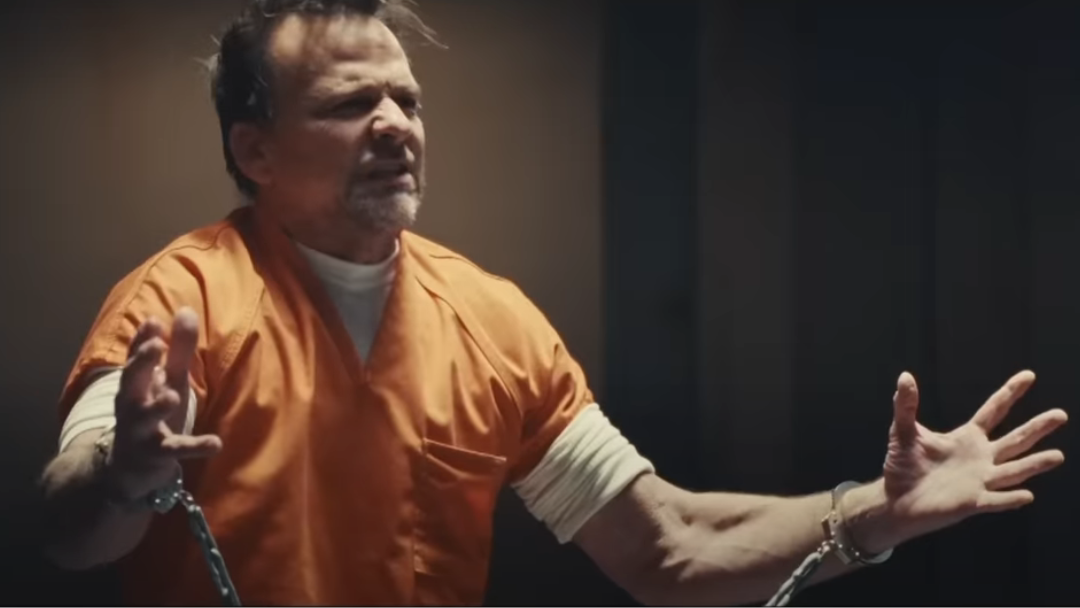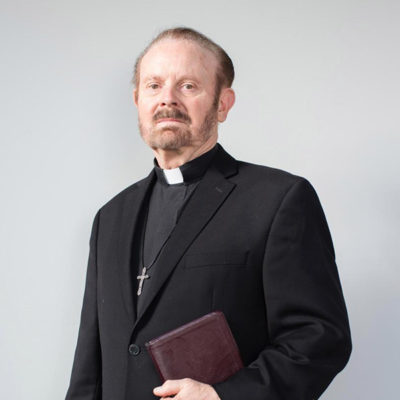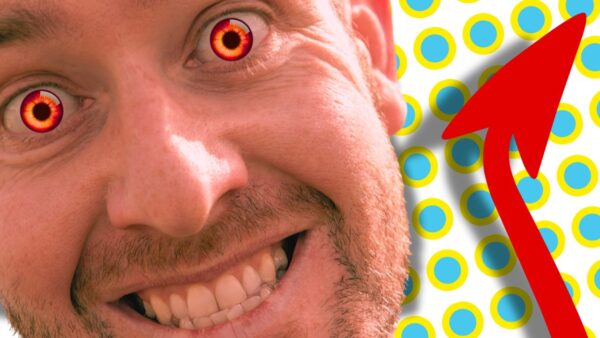Spoiler alert. I’m going to tell you all that needs to be known about the movie thriller “Nefarious.” It was produced by those same folks who gave you the “God’s Not Dead” film, a movie apologetic for the Christian faith. This time they take on demonic possession, and they mostly fail at that task.
What’s good about the movie? First, the movie has the courage to portray demons without spinning heads and levitating bodies. That’s good. With all the interest in deliverance these days, someone in Hollywood was going to use this motif. Why not some guys who are Christians? In this case it is Chuck Konzelman and Cary Solomon as writers and directors. But therein lies the problem. They either didn’t do their homework adequately or they were so intent on marketing a film in the horror genre that they missed the mark. They depict aberrational stereotypes about demon possession. That’s not the real world of confronting evil spirits.
In the plot, Sean Patrick Flanery plays the part of Edward Wayne Brady, a serial killer in prison who faces a death sentence. His only chance to escape the electric chair is to be declared legally insane. Enter the other lead character, an atheist psychiatrist named Dr. James Martin. On the eve of the execution with hours to spare, the doctor must make an in-person evaluation of this death-row mass murderer. Most of the movie centers on the mental jousting between the demon possessed killer and the psychiatrist. If the doctor declares Edward insane, he escapes Old Sparky. If he is merely narcissistic, it’s curtains for him.
The script writer has the prisoner go in and out of demonic states while the atheist tries to understand what is happening. The demon calling itself Nefarious becomes an unlikely apologetic for Christianity, challenging the atheism of the doctor. Nefarious says that James will have killed three people by the time of the execution. As the plot develops, we learn what constitutes these three deaths:
1) The doctor dispatches his aged mother with euthanasia.
2) The doctor forces his girlfriend to abort their unborn child because he’s “not ready to be a parent.”
3) The doctor effectively signs off on the criminal’s death warrant by declaring him sane.
The demon gloats over the psychiatrist’s killing via assisted suicide. That dialogue becomes rhetoric for a Christian view of life’s sacredness. It’s a clever theatrical device but too forced and polemical. The same dramatic construct is used to define abortion as murder, no less immoral than what the prisoner has done. While I get the idea of biblical ethics being sermonized by a demon, it seems too forced and predictable. Nevertheless, I give credit to the movie’s boldness to propagate Christian values in a film, even if it takes the logic of a demon to accomplish the task.
My thumbs-down is due to the disingenuous way that demonic possession is handled. The movie depicts the stereotype that possessed people are raging lunatics, serial killers, and nefarious mental cases. In my world of exorcism, truly possessed people are often doctors, lawyers, teachers, nurses, engineers, and even preachers. Successful people, in human terms, but tormented by a hellish inner life. They aren’t going to commit mass mayhem, but they will slowly rot away spiritually and emotionally unless delivered from their demons. Nefarious is a fair-to-middling horror flick, but not entirely convincing of the gospel. It’s better than “The Pope’s Exorcist” but it isn’t helpful for the ministry of casting out demons from ordinary people who are attacked by extraordinary evil spirits.







